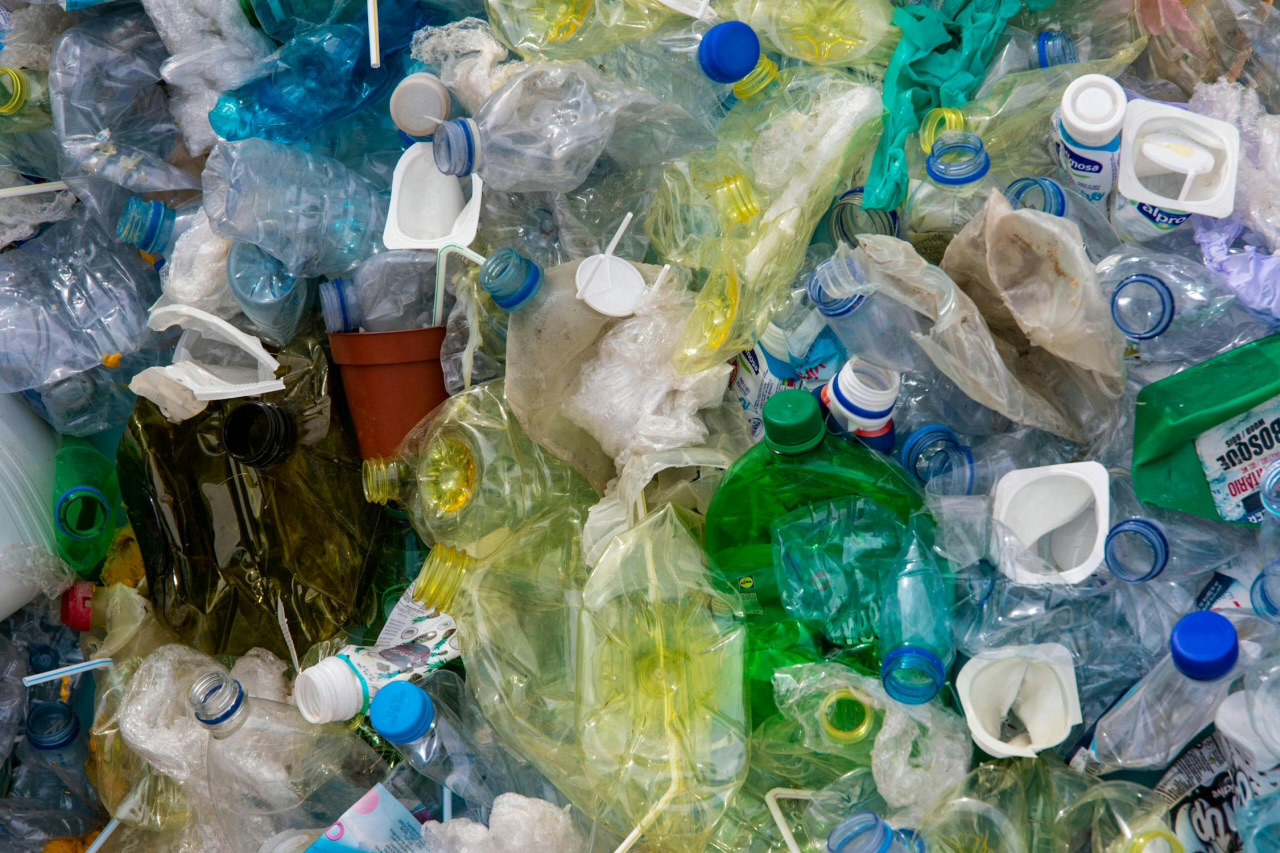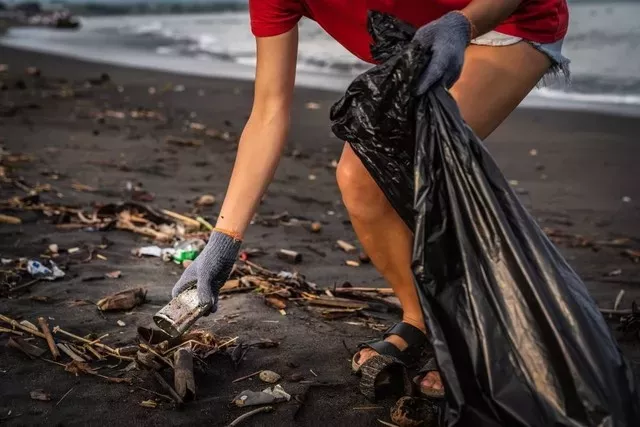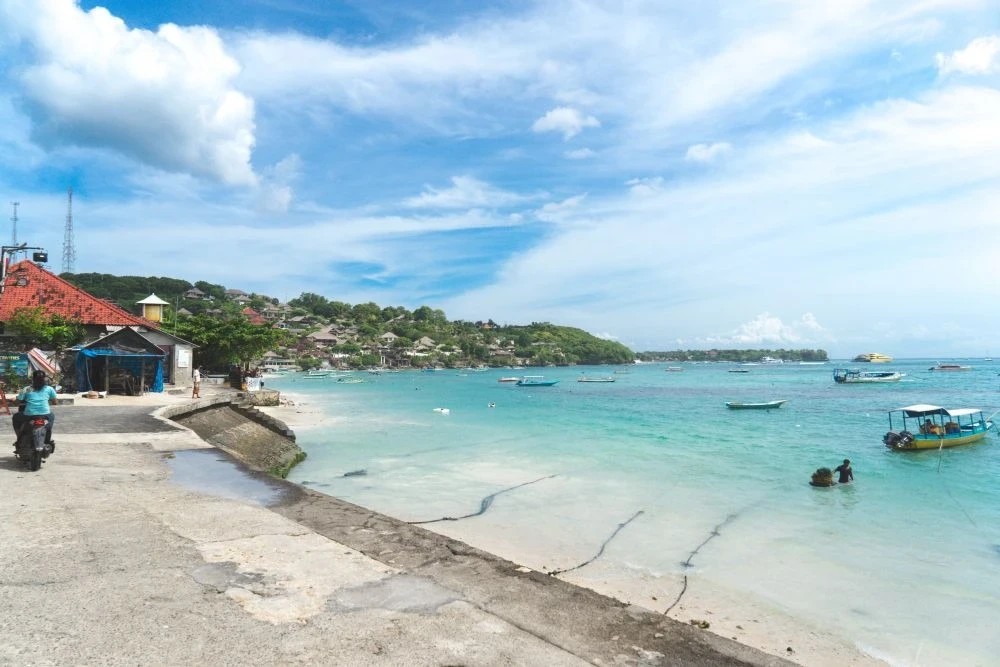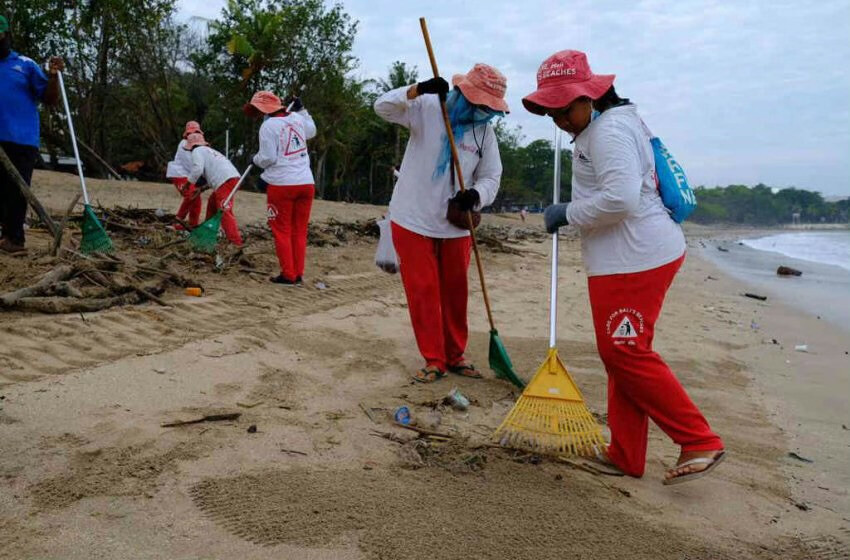
Bali Authorities Concerned as Suwung Landfill Overflows Again
Bali’s long-troubled Suwung landfill has once again become overfilled, prompting authorities to take urgent action. Governor Wayan Koster has issued Circular No. 09/2025, titled “Clean and Waste-Free Bali”, aimed at reducing the volume of waste sent to the landfill. One key measure in the circular is a ban on the production and distribution of small-volume bottled water.
“All companies are prohibited from producing single-use plastic bottled water under 1 liter within Bali Province,” Koster stated.
A ban has also been placed on the distribution of beverages in single-use plastic bottles by all suppliers and distributors operating in Bali.
“The landfill is already full, so we will fight this waste crisis progressively — from the source to final disposal,” he explained.
Koster, who is serving a second term as governor, plans to meet with bottled water producers soon to make the circular’s provisions absolutely clear:
“I will summon all manufacturers — the public water company, private producers in Bali, including Danone — everyone. You can no longer produce packaging smaller than 1 liter, not even those little plastic cups. Gallons are okay. We’ll call everyone in to talk.”
He also proposed using glass bottles instead of plastic:
“This isn’t about destroying businesses — it’s about protecting nature. Produce your product, just don’t harm the environment.”
While a plastic bag ban has technically been in place for some time, it has only been effectively enforced in supermarkets, restaurants, and malls. On traditional markets, the battle against plastic hasn’t truly started. Small shops continue to use and distribute plastic bags and small containers without issue.
“We will strengthen this area too. Waste management systems have been implemented in 290 out of 636 villages. While not everything is running perfectly yet, we’ve started moving. The plan was to cover all by 2023, but we faced challenges,” Koster explained.
Koster stated he’s not afraid of criticism, since waste reduction is a direct order from President Prabowo Subianto.
He also warned that serious penalties, including license revocations, will be imposed on businesses that fail to manage their waste properly:
“Any business — whether a hotel, mall, restaurant, or café — that doesn’t sort its waste or limit single-use plastic will be severely punished, including the possibility of losing its license.”
In addition to legal consequences, the government plans to publicly shame non-compliant businesses via social media, labeling them as unsustainable and discouraging public support.
To avoid sanctions, businesses are urged to create their own waste management units that include:
• Waste sorting at the source
• Reduction of single-use plastics (bags, straws, foam, and drink containers)
Businesses are also encouraged to optimize organic waste recycling — through composting, use of larvae, converting waste to animal feed, or partnering with local recycling centers.
Koster urges businesses to reintroduce recyclable materials into their own cycles, and only send final waste to the landfill.
These new rules must be implemented by January 1, 2026, with a mandatory reporting system approved by the environmental authorities.
To incentivize compliance, the government will award “green” labels such as:
• Green Mall
• Green Restaurant
to businesses demonstrating eco-friendly waste management.
Sources: infodenpasar, radarbali




You can add one right now!